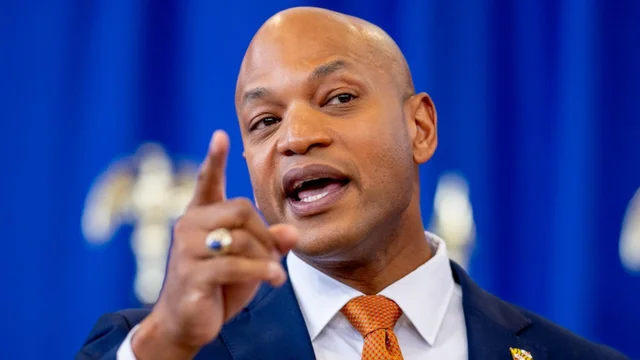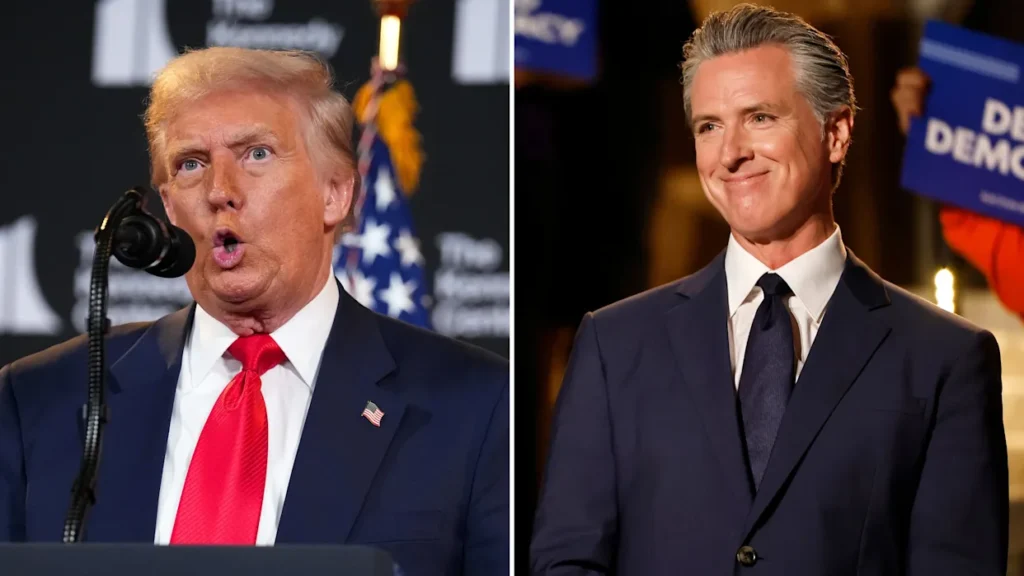Trump vs. Harris Economic Debate, In a highly anticipated return to the social media platform X, Donald Trump, after nearly a year away, asked his 89 million followers: “Are you better off now than you were when I was president?” This topic reminds me of the famous campaign slogan Ronald Reagan used in 1980, which helped him win the presidency. In a contest when voters prioritize economic issues over other issues, Trump sees emphasis on the economy as more than just a calculated political maneuver.
The Economy: A Key Election Battleground
Trump vs. Harris Economic Debate, According to polls, Americans’ top concern is the state of the economy. “Inflation/prices” and “jobs and the economy” are the two main concerns among voters, according to recent polls by YouGov and The Economist. The general public’s attitude is still very pessimistic even in the face of encouraging economic statistics like rising employment and falling prices.
A greater number of voters experience the negative effects of high prices than positive economic indicators. Trump is so counting on this discrepancy to regain support from the electorate by emphasizing the expense of living.
Kamala Harris’ Strategy: A Tough Competitor for Trump
Election outcomes are unexpected when Kamala Harris, the Democratic contender, defeats President Joe Biden in 2024. Once considered the underdog, Harris is gaining popularity and challenging Trump’s economic narrative. She has successfully altered the conversation in recent weeks by putting up policies that are specifically intended to reduce financial pressures. Enhancing the availability of affordable housing, helping first-time homebuyers, and increasing the child tax credit are her three main goals. In addition, Harris addresses grocery pricing by promising to limit corporate profiteering—a viewpoint that many Americans find endearing.
Why Trump’s Economic Message Isn’t Sticking
While it may seem like an easy task for Trump to capitalize on voter dissatisfaction over inflation, Harris’ proactive stance complicates his messaging. Her ideas specifically target the issues that Trump attempts to exploit, so it will be difficult for him to hold her solely responsible. Furthermore, her relative distance from “Bidenomics” and the negative public opinions of the current administration allow her to appear as a fresh face.
Economic Data vs. Voter Sentiment
Voters continue to be pessimistic despite encouraging economic indicators, such as robust growth and record job creation. The public’s attention to pricing rather than inflation rates is the cause of this disconnect. The goal of a central banker is for inflation to return to target. A shopper wants their old price back,” said Jared Bernstein, chair of President Biden’s Council of Economic Advisers, in a July speech. It’s not about the numbers; it’s about how people feel. This sentiment is captured in phrases like “the vibes are off,” which encapsulates the broader public mood regarding the economy.
Voter Opinions: Who’s to Blame for Economic Woes?
The complexity of this race becomes clear when one speaks with voters. There were differing views on the state of the economy at a Maryland crab shack. Democratic policies, according to marina worker Jeff Tester, are to blame for his financial difficulties. He says, “I believe their policies are hurting the working man.” However, rather than criticizing the White House directly, former boat broker Dan Nardo credits inflation to outside forces including the epidemic, rising gasoline prices, and problems with the supply chain.
Trump’s Campaign Struggles to Stay on Message
Republicans recognize that the economy should be the focal point of Trump’s winning strategy, but he struggles to uphold his values. He acknowledged in a recent speech that his advisors prioritize economic issues, but they quickly drifted off to discuss immigration and crime. This lack of emphasis irritates campaign strategists, who feel that swaying undecided voters with economic themes is essential.
The Importance of Staying Focused
Political strategists like former Marco Rubio campaign chief of staff Matt Terrill stress the need of focusing on the two main issues: the economy and inflation. “Voters don’t care about personalities or crowd sizes,” Terrill notes. “Swing voters in key states care about the economy and inflation, so just focus on those core issues.”
The Historical Lesson: “It’s the Economy, Stupid”
The famous slogan from Bill Clinton’s 1992 campaign, “It’s the economy, stupid,” remains as relevant as ever. But it seems like Trump is finding it difficult to maintain the poise needed to honor this promise. Although Harris benefits from the macroeconomic climate, recent surveys indicate that the difference between Trump and Harris regarding economic trust is closing. Even though Trump is still leading, Harris is getting closer, suggesting that Americans may not entirely associate her with their financial frustrations.
For more latest news checkout our website: latestglobalinsight











